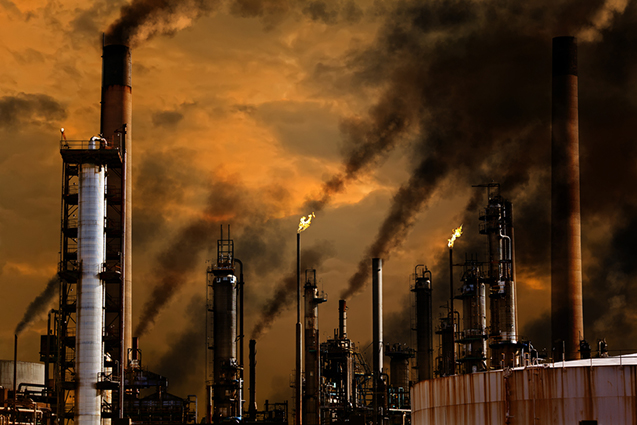
Washington – The world’s predicament on climate change reminds me of an old saying: “The hurrier I go, the behinder I get.”
Despite mounting evidence that global warming is an urgent crisis, emissions of heat-trapping greenhouse gases grew faster between 2000 and 2010 than over the previous three decades, according to an authoritative new report from the Intergovernmental Panel on Climate Change.
Some governments have instituted policies to try to hold down emissions of carbon dioxide — by far the biggest contributor to climate change — but these measures do not go nearly far enough. We’re doing a Michael Jackson moonwalk, appearing to move ahead while actually sliding backward — toward what scientists fear is an abyss.
Between 1970 and 2000, according to the new report, worldwide greenhouse gas emissions rose at an average rate of 1.3 percent a year. But between 2000 and 2010 — a period when no one could claim ignorance of the problem — emissions rose at 2.2 percent annually.
Given the fossil fuels we have already burned — the concentration of carbon dioxide in the atmosphere has been increased by an incredible 40 percent since the beginning of the Industrial Revolution — some further warming is inevitable. Most climate scientists believe humankind can avoid calamity if we limit the temperature rise to about 4 degrees by 2100. But at present, according to the new report, we are on track for an increase of up to 8 degrees.
Wave bye-bye to low-lying island nations and coastal cities. Say so long to what we think of as “normal” weather patterns and growing seasons. Get ready to welcome tropical pathogens as they migrate into formerly temperate zones.
“There is a clear message from science,” said Ottmar Edenhofer, a German climatologist who is co-chair of the working group that produced the new report. “To avoid dangerous interference with the climate system, we need to move away from business as usual.”
And there you have the problem.
As Edenhofer noted in a statement released with the report, climate change is a problem affecting the “global commons.” But for leaders around the world, “business as usual” means acting in national self-interest.
Someday, perhaps, the effects of climate change will be so overwhelming that governments see the need for shared sacrifice. It’s time to acknowledge, however, that we’re not there yet.
In Germany, for example, Chancellor Angela Merkel has an ambitious plan to fill more than 40 percent of the nation’s energy needs from renewable sources, such as solar and wind, by 2025. But Merkel has had to temper her policies because of the fear that industries would migrate to countries where energy produced from fossil fuels is less expensive. Indeed, BMW recently announced a new $1 billion investment that will make its South Carolina plant the carmaker’s biggest factory in the world.
The United States has reduced its carbon emissions by roughly 10 percent since 2005. President Obama’s push for tougher automobile fuel economy standards is helping, but the decrease is largely due to two factors beyond government’s control: the Great Recession, followed by an unusually slow recovery; and a shift by power plants and other industries from coal to natural gas, which emits less carbon when burned — and which is cheap and abundant because of the drilling technique known as fracking.
Other countries where fracking can reach previously inaccessible deposits of gas and oil will surely follow suit. To the extent that global industry shifts from coal to gas, the planet will benefit. But burning natural gas, too, sends heat-trapping carbon dioxide into the atmosphere — just not as much as other sources.
And in any event, progress here and in Europe to limit greenhouse gases is overwhelmed by the increase in emissions by rapidly industrializing countries. China is the world’s biggest carbon emitter by far, and if officials continue to fuel the Chinese economy by burning coal, incremental progress by the rest of the world hardly matters.
Ironically, the choking smog that darkens the skies over Beijing, Shanghai and China’s other big cities may be the world’s best hope.
In a generation, hundreds of millions of people have left rural poverty in China for jobs in the big cities. These migrants quickly develop middle-class expectations of a healthy environment in which to raise their children. Popular anger over pollution is so widespread, and so deep, that I believe the government will have to respond.
If China’s autocratic leaders come to see renewable energy as being in their national — and personal — self-interest, the world has a chance.
Press freedom is under attack
As Trump cracks down on political speech, independent media is increasingly necessary.
Truthout produces reporting you won’t see in the mainstream: journalism from the frontlines of global conflict, interviews with grassroots movement leaders, high-quality legal analysis and more.
Our work is possible thanks to reader support. Help Truthout catalyze change and social justice — make a tax-deductible monthly or one-time donation today.